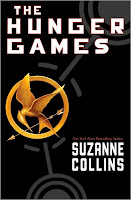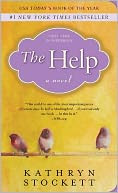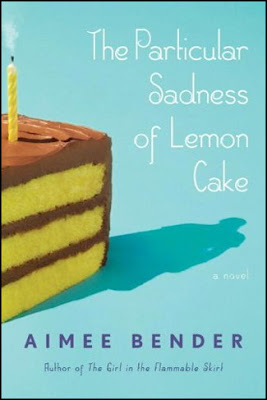Have you read this book or saw the movie? If so, what are your thoughts about it?
I read this book because everybody keeps talking about it and now that the movie’s been released, they’re talking about it even more. This book was highly disturbing, but, I did think the story and the writing were amazing. The reason why the story was disturbing to me is because I could actually imagine this happening – the story was not that far-fetched.
North America is now divided into Twelve districts. Katniss, a female hunter who poaches game from a forbidden woods with her friend Gale, now finds herself having to play the Hunger Games. The world is different, much different, than the way we know it today. The government doesn’t care about the suffering of its’ people and when Katniss’s father dies, and her mother suffers from mental anxiety, she finds she must take her dad’s bow and arrow to hunt, or her family will starve to death. Starving is something that happens a lot in District 12.
The Hunger Games is a “sporting event” that the Capitol throws every year to keep their districts in line – to remind them of the Capitol’s power. Each district chooses one boy and one girl from a lottery and, the 24 subjects chosen from the 12 districts are forced to play a survival game in a large arena, killing one another in an effort to survive, the last person alive is the winner. This “game” is televised and most of the people in the 12 districts watch the event. When Katniss’s little sister’s name is drawn from the bowl, she snaps, volunteering to take her sister’s place. The boy chosen from District 12 is Peeta, a boy who has shown Katniss great kindness in the past. The age range of those chosen to play the Hunger Games are 12-18.
It’s troubling to see young people warring against one another on a televised event, however, the premise of the story is written in such a way that you want to finish the novel. When the kids are in the arena, there’s a host of things in the wild that can hurt them other than their competitors. Sometimes water is scarce, and there are wild animals in the forest, too. In the beginning, the tributes (people playing the Hunger Games) may pair up and work together for survival.
Another thing that bothered me was the age range and sex of the competitors – 12 – 18? Boys and girls? How can a small 12 year old girl fairly compete against a strapping 18 year old boy?
I did enjoy reading how Katniss travels to the Capitol for the Hunger Game event. She’s never been outside of District 12 and when she travels on the train and arrives to the Capitol, she’s treated like royalty. This is the first time she’s had enough food to eat, and she’s able to taste “delicacies” like, wine, orange juice, and lamb stew. A hot shower is something she’s never experienced before coming to the Capitol and she’s appalled about how some of the Capitol people are pudgy since most have had enough food to eat their entire lives. The glowing Capitol buildings are also a sight for her to see – the contrast in setting is stark and vivid – such a strange contrast to experience right before you’re thrown into an arena to fight for your life.
I plan on reading the other two book in the series, since I did enjoy reading this book because I wanted to see what happened, in spite of the dark subject matter.
Have you read this book or saw the movie? If so, what are your thoughts about it?






